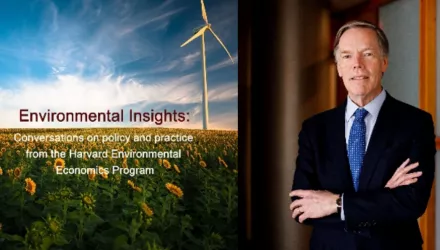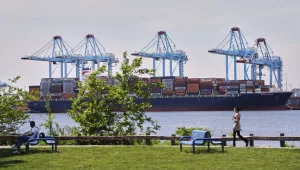Abstract
Climate change is a problem which is global both in terms of causes and consequences. The uncertainties are large and likely to persist. Meanwhile, the political and economic stakes of both action and inaction are much higher than those in other transboundary concerns such as acid rain and ozone depletion. The public policy impact of scientific opinions on climate change, therefore, not only depends upon what is being said, but also, who is advancing those conclusions and how they were arrived at. This was the rationale behind the setting up of the Intergovernmental Panel on Climate Change (IPCC) in 1988. In the years since, the IPCC has attempted to walk the tightrope of being scientifically sound and politically correct. This paper examines the processes which led to its creation and how it has evolved over two assessment cycles. The paper attempts to address the question of whether such an assessment set-up was necessary, if indeed it has been relevant, and what some indicators might be to evaluate the performance of the IPCC.
The full text of this publication is available via Harvard Kennedy School.



